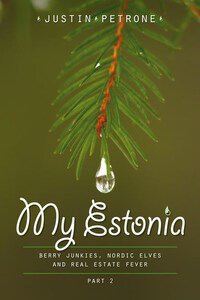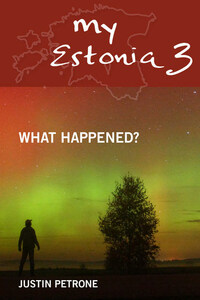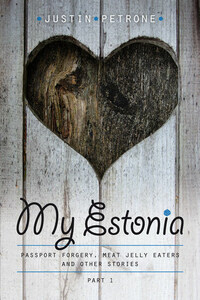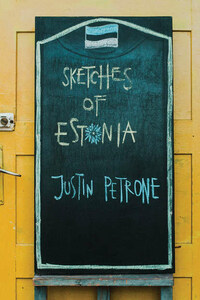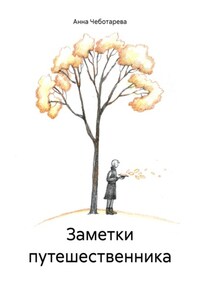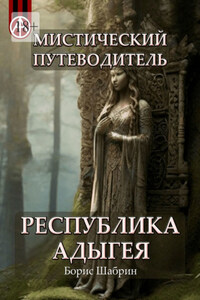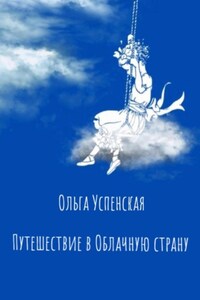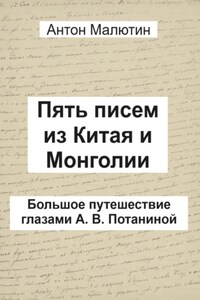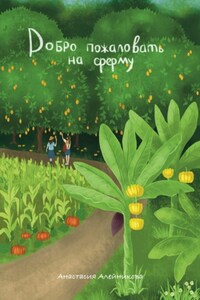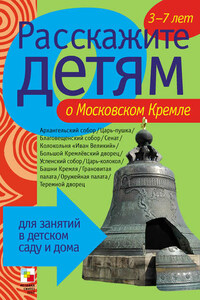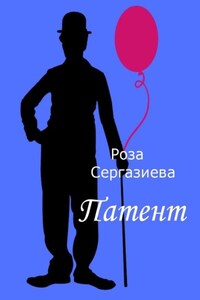“… And the worst part of the book was that he kept asking me what I wanted in life. ‘What do you want? What do you really want?’ And I was like, ‘What if I don’t know what I want?’”
“You mean you don’t want anything? You just take life as it is? Go with whatever is before you?”
I stood in front of the Olümpia Hotel with my good acquaintance Vello Vikerkaar. It was a brisk December day at the end of the year 2009, and the snow flurried down from the gray skies. I watched the snow bounce off the towering hotel and felt pangs of nostalgia, but only just for a moment. Then I was distracted again by the very big question at hand: What do you really want?
The talk during the ride into Tallinn that morning from Vikerkaar’s home in Nõmme had been about that question; as Vello turned the wheel to his jeep, we veered from one philosophical conundrum to the next. Estonia’s most controversial columnist wouldn’t let up. And now, all was laid bare.
“You have no wants, no goals, and no desires? You seek to achieve nothing?” Vikerkaar raised his bushy gray eyebrow and I knew the old guy had me.
“Alright, I have goals, but they are more like emotional goals. It’s not like I want a particular job or car.”
“But some people here really want certain cars. For them, a car is like a moving advertisement that they’ve finally made some money. It’s like they say, first the car.”
“And then the house,” I sighed.
“So you have certain ways you want to feel, and to feel that way you have to think about how to get there. Not to knock cars though. When I was 25, I definitely wanted certain cars.”
I tried to think if I had ever wanted a car. I couldn't remember. “You know after our daughter was born I thought I knew what I wanted, where I wanted to go. But I never thought I could really control everything.”
Vello stared back at me but didn’t say anything. I suspected that, in some way, he pitied me. Then my pocket began to vibrate. I picked up my phone.
“Justin, are you coming? We’re waiting for you.”
“I’m right in front of the Olümpia. I’ll be there soon.”
“Great. We were beginning to worry. See you.” I glanced at the clock on the phone. 10.06 am. I was six minutes late.
“Who was that?” asked Vello.
“Merle Liivak, the editor of Anne ja Stiil magazine.”
“I remember her. She was a host on the Estonian ‘Dancing with the Stars’.”
“You watched ‘Dancing with the Stars’?”
“Oh yeah,” Vikerkaar snorted. “My wife Liina loves that show. And I remember Merle. She’s pretty, right?” He said it with indifference, as if he had said “she’s religious, right?” or “she’s got leprosy, right?”
“You could say that,” I nodded. “But I have to go,” I held out my hand. “It’s always fun.”
I left Vello at the Olümpia and walked past the new cylindrical headquarters of Nordea Bank. Years ago, when I first moved to this town, the mouth to Maakri Street in downtown Tallinn was dotted with crooked wooden buildings and abandoned lots. I used to walk it all the time to go visit Epp when she worked at a magazine called Anne. But now there was no more Anne. Well, there was, but it had been combined with another magazine called Stiil to form Anne ja Stiil1. And the magazine’s office was no longer on the sixth floor of the publishing house. It was now on the eighth.
I opened the glass door to the publishing house and the heat hit me, but what struck me more were the lingering hints of the past. Where there once had been a nail salon that saturated the air with fumes, there now stood the lone desk of the Russian-language magazine Jana. Where there once sat a perky, redheaded security guard named Irina, there now was a cranky, bald one whose name tag said ‘Peeter.’ And, other than the flashbacks, all I could think about as I rode the elevator up to the eighth floor was Estonian motivational speaker Peep Vain and his thought-provoking questions.
Peep Vain (yes, that’s his real name) is well-known in Estonia for encouraging businessmen and athletes to do even better than their best. Tall and thin, his light hair shorn nearly to the scalp, Vain struts across the stage of his esteem-building conferences, summoning the inner courage of attendees who enter losers and leave doing jumping jacks. Vain had caught my attention and his ideas intrigued me. I had seen Vain compete on the Estonian version of “Dancing with the Stars”, watched a documentary about the man’s self-help summits, and spent the previous week digesting the important questions in his bestselling self-help book, The Most Important Question.
“What do you want, Justin?” Vain ambushed me again as I stepped into the elevator and took the ride up. “Look inside yourself. Tell me.”
Was this really what I wanted? Seven years after I had taken photos of designers and actresses and writers for Anne, I was now back in the same building getting my own picture taken for the column I had agreed to write for Anne ja Stiil. It had all happened by accident, naturally. Someone had suggested me as a new columnist, the magazine liked the idea, and within a few seconds I said yes, not even knowing exactly what I had signed up to do, let alone weighing if it was a job I truly desired. Somehow it had happened that I had become a best-selling author in Estonia. For months, I had donned make up to give early morning interviews on TV, entertained magazine photo shoots in my home, and even was chased down by a journalist eager to learn my pasta recipes.
